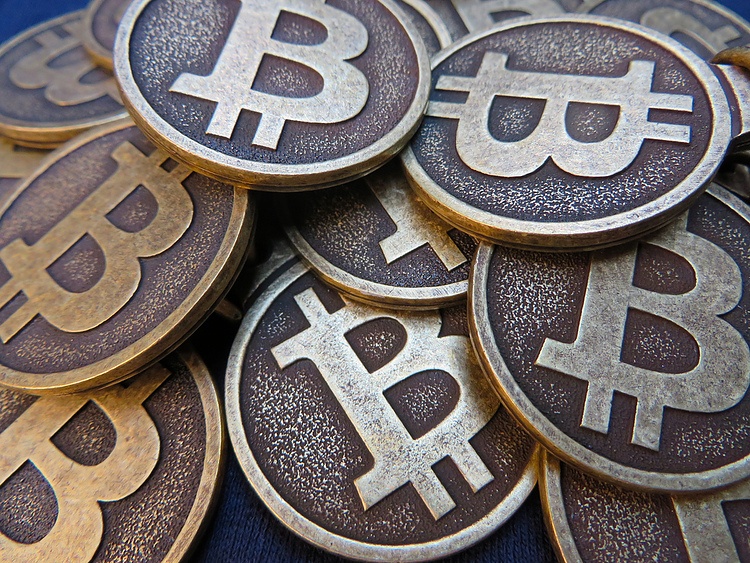Summary:
Trump's victory has fueled expectations for a U.S. Bitcoin reserve.
Sen. Cynthia Lummis proposes the BITCOIN Act to purchase one million Bitcoins.
Joe McCann believes the U.S. could become a leader in crypto with a national reserve.
Peter Schiff warns of potential dollar devaluation from government Bitcoin purchases.
Concerns arise over government authority on Bitcoin holdings, akin to past gold confiscation.
The expectations of a U.S. strategic Bitcoin (BTC) reserve have skyrocketed following Donald Trump's presidential victory, with the cryptocurrency sector firmly behind this ambitious idea.
Trump has called for a strategic national Bitcoin stockpile at a conference earlier this year, advocating against selling state-owned Bitcoin. While nothing concrete has emerged since this advocacy, his Republican colleagues, particularly Sen. Cynthia Lummis (R-Wy.), have proposed the BITCOIN Act, aimed at purchasing one million Bitcoins over five years.
The For And Against Debate
Joe McCann, founder and CEO of cryptocurrency hedge fund Asymmetric, believes this move could position the U.S. as a leader in crypto. He suggests that if the reserve gains traction, it could significantly boost Bitcoin's value. McCann states, "The market is already somewhat anticipating the potential impact, but I don't think a lot of people have priced in the idea that if this were to actually pass, other countries would also want to acquire a percentage of the total Bitcoin supply for their reserves, driving even more demand."
However, critics like Peter Schiff predict that such a move could lead to the dollar’s devaluation and hyperinflation, as the government would need to print more money to buy Bitcoin. In response, Lummis argues that the government wouldn't need to spend new taxpayer dollars; instead, it could leverage Federal Reserve-held gold certificates to fund these purchases.
Will Your Bitcoin Holdings Be At Risk?
A significant concern surrounding a potential reserve is whether it would grant the federal government authority over Bitcoin, especially in emergencies. This raises fears reminiscent of Franklin D. Roosevelt’s Executive Order 6102 of 1933, which mandated Americans to surrender a large portion of their gold holdings.
Neil Bergquist, CEO of Coinme, argues that Bitcoin's decentralized nature makes it logistically and legally complex for the government to seize individual holdings. Denis Sklyarov, co-founder of WiFi Map, echoes this sentiment, stating that recent legal and cultural shifts in the U.S. emphasize financial freedom, making such confiscation nearly impossible.
McCann suggests a more collaborative approach, where the government might encourage voluntary Bitcoin sales through tax breaks or premium buy-back programs rather than resorting to force.
Prediction markets indicate a 29% possibility of Trump establishing a Bitcoin reserve within his first 100 days in office. As of now, Bitcoin is trading at $96,474.28, down 0.29% in the last 24 hours.







Comments